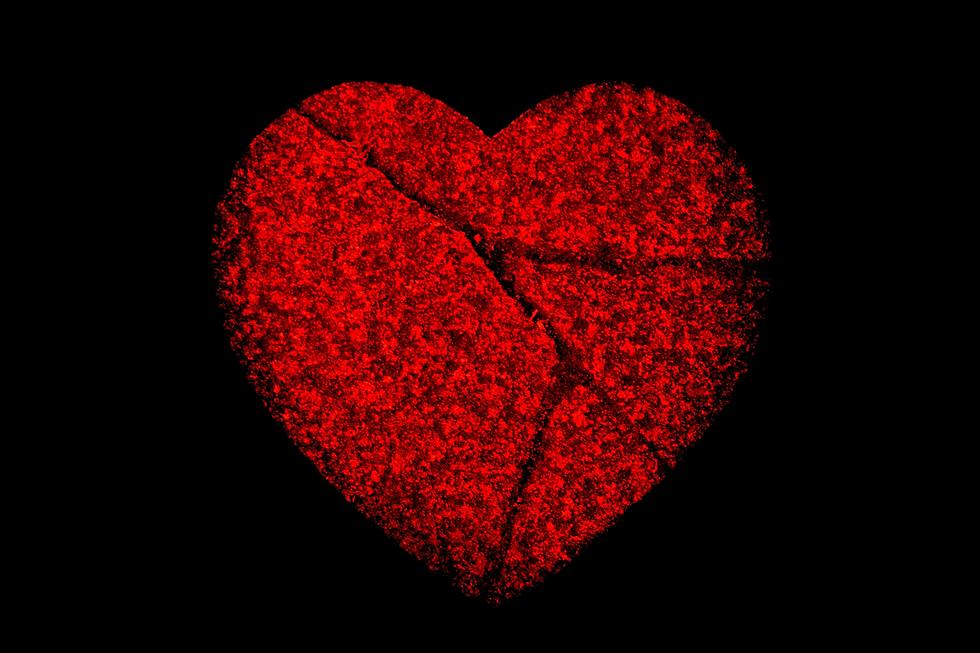
Are Close Couples’ Deaths Just a Coincidence?
You've heard the real-life stories of elderly couples who've been together for most of their life passing away days or months of one another. Do you think the same is possible with animals losing one of their own?
The story of Spencer, the ever-smiling golden retriever and proud champion of the spirit of the Boston Marathon, passing away was sad to hear, but then Penny, his inseparable friend, died days later.
That begs the question: is it just a coincidence or is there something behind this phenomenon?

There must be something to this broken heart syndrome. It's true that when elephants lose a mate, they can die of unhappiness and sorrow.
Your pet may grieve at your absence when you go on vacation, or whine endlessly, hoping not to be left behind. As people, we can understand that death is part of life, but do cats and dogs make that connection?
You can take, for example, June Carter Cash and Johnny Cash following one another to the hereafter, or Debbie Reynolds, who grieved so deeply, she died the day after her daughter Carrie Fisher passed.
Dr. June Goodall, the famous primatologist, witnessed a young male chimp die just a month after the death of his mother. She wrote the young ape was so despondent following his mother's death that he stopped eating or socializing to the point the he simply didn't have the will to survive.
This happens quite often with humans, as well.
Whether or not it's possible to die of a broken heart, one thing is without question: we humans don't have the death grip over love or grief.
It's fair to say when death occurs to a loved one, we feel enormous stress, despair and pain. We can't sleep, and hardly eat, and that can lead to what doctors call cardiomyopathy or takotsubo myopathy, where all the anguish enlarges a part of the heart.
I have seen our animals, over the decades, can indeed be equally affected by separation, especially when they are closely attached to the family or another mate – giving us more reason to provide a happy life for them while we have them.
LOOK: Baby boomer baby names that have gone out of style
More From WBSM-AM/AM 1420









